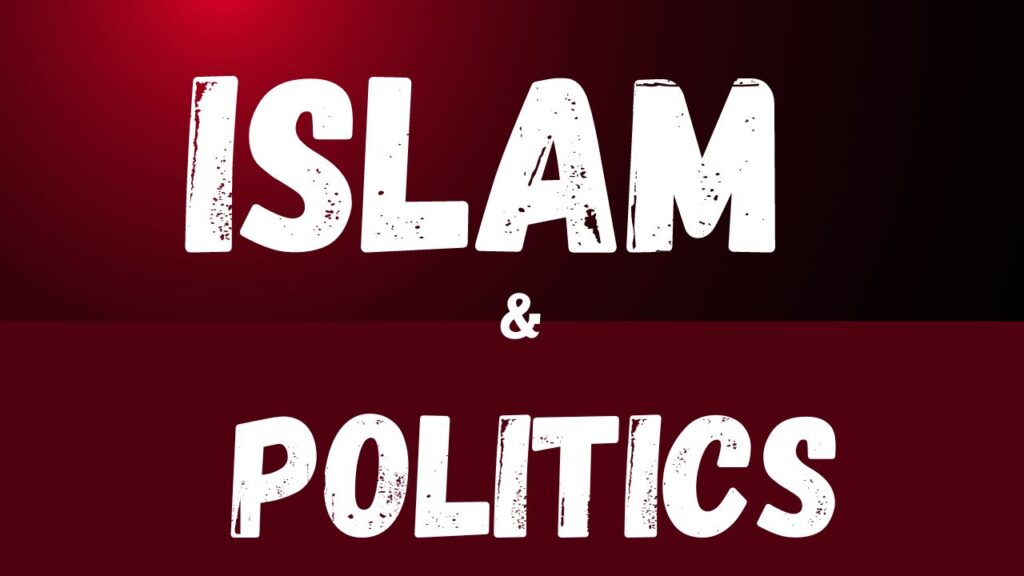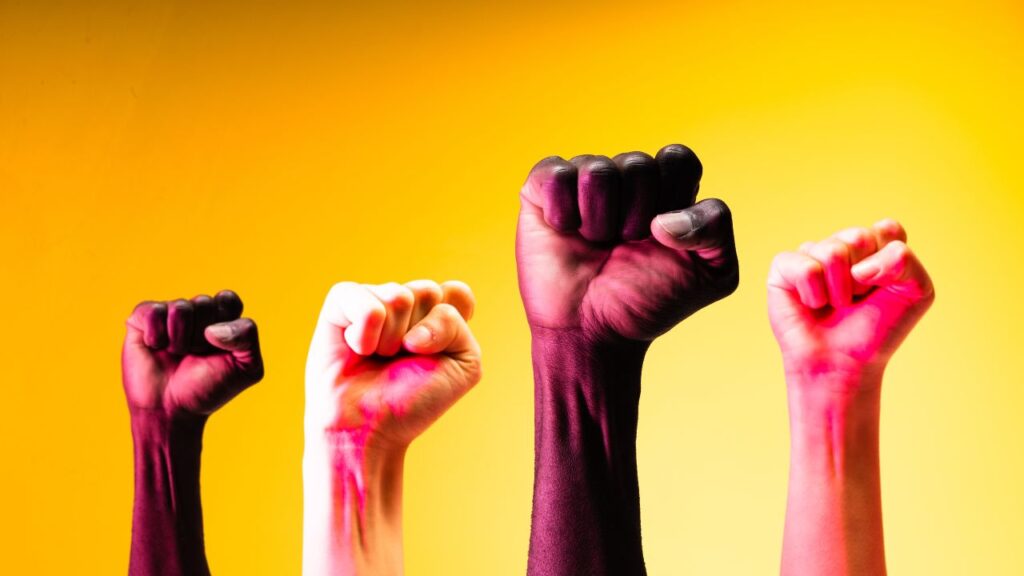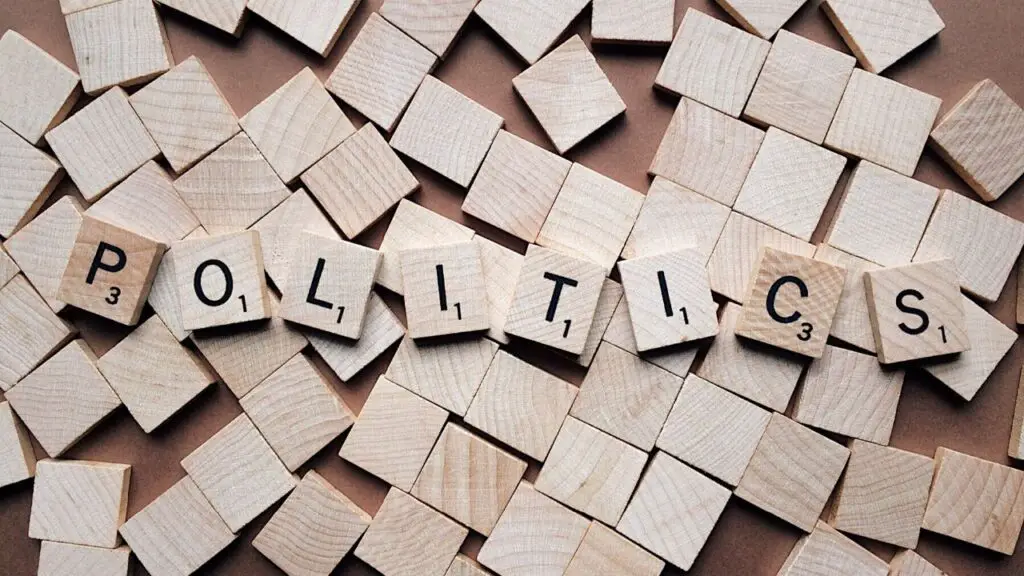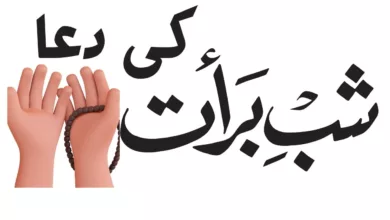Islam And Politics |Historical Evolution|2023
"Navigating the Intersection: Islam's Role in the Political Landscape"

Islam And Politics
Islam has a significant influence on politics due to its comprehensive nature. It provides moral, ethical, and legal principles that guide the behavior of individuals and societies

- What Does Heaven Iook like |Islamic Article|2023
- Surah Yaseen | Importance | Meaning | Islamic Article | 2023
- Is Taylor Swift a Christian?
Introduction
The intersection of religion and politics has been a subject of immense debate and scrutiny throughout history. In the case of Islam, this relationship is especially intricate due to the religion’s comprehensive nature, encompassing spiritual, moral, and legal dimensions. Islam’s influence on politics varies across cultures and regions, often reflecting a complex interplay between religious principles, historical contexts, and modern governance. This article delves into the multifaceted connection between Islam and politics, examining its historical evolution, contemporary manifestations, and the challenges it poses.
Historical Evolution
The early years of Islam saw the establishment of a religious and political community under the leadership of the Prophet Muhammad in Medina. This establishment laid the groundwork for the intertwining of religious and political authority. The concept of the “ummah” (the community of believers) was not only spiritual but also encompassed social and political dimensions. The Quran and the teachings of the Prophet provided guidelines for personal conduct, societal organization, and governance.
The Caliphate, which succeeded the Prophet’s leadership, marked a significant period in the convergence of Islam and politics. The Caliphs were both religious and political leaders, responsible for interpreting Islamic law and guiding the Muslim community. However, the history of the Caliphate also witnessed conflicts and divisions, raising questions about the balance of power between religious authority and political governance.

Contemporary Manifestations
In modern times, the relationship between Islam and politics takes various forms across different Muslim-majority countries. Some nations have opted for secular governance, separating religion from political institutions, while others have adopted forms of Islamic governance, implementing Sharia (Islamic law) to varying degrees.
- Secular Governance: Many Muslim-majority countries, such as Turkey, Indonesia, and Tunisia, have adopted secular political systems. In these cases, religion is considered a private matter, and political decisions are made independently of religious influence. While Islam remains a significant cultural and social force, it doesn’t dictate governmental policies.
- Islamic Governance: Countries like Saudi Arabia and Iran have incorporated Islamic principles into their political systems. In Saudi Arabia, the legal system is based on a strict interpretation of Sharia, while Iran’s political structure includes both elected officials and a Supreme Leader who holds significant religious authority.
- Political Islam: Some political movements within the Muslim world seek to establish governance based on Islamic principles. These movements, often referred to as “Islamist,” have gained attention for advocating for the implementation of Sharia and emphasizing Islamic values in governance. Examples include the Muslim Brotherhood in Egypt and the AK Party in Turkey.

Challenges and Debates
The relationship between Islam and politics is not without challenges and debates. One of the key debates revolves around the interpretation of Islamic principles in a modern context. Some argue for a literal interpretation of Sharia, while others advocate for a more contextual and flexible approach that takes into account the changing realities of the modern world.
Another challenge is the potential for religious extremism and radicalization. While the vast majority of Muslims reject violence and extremism, a small minority has exploited religious ideologies for political gain, leading to conflicts and acts of terrorism in various parts of the world.
Moreover, the balance between religious and civil rights is a crucial issue. Striking a balance between individual freedoms and religious laws can be complex, especially in societies where diverse religious and cultural groups coexist.
Conclusion
The relationship between Islam and politics is a multifaceted and evolving dynamic that varies across regions and cultures. It reflects the rich history and diversity of the Muslim world, encompassing a range of approaches from secular governance to Islamic governance and political Islam. The challenge lies in finding a balance between religious principles, individual rights, and the demands of modern governance. As the Muslim world navigates these complexities, it becomes increasingly important to engage in open dialogue and mutual understanding to ensure that Islam’s spiritual and ethical principles contribute positively to the political well-being of societies around the globe.

How does Islam influence politics?
Islam has a significant influence on politics due to its comprehensive nature. It provides moral, ethical, and legal principles that guide the behavior of individuals and societies. In some cases, Islamic teachings are directly incorporated into political systems, shaping laws and policies. However, the extent of this influence varies across different Muslim-majority countries.
What is the role of Sharia in Islamic politics?
Sharia, often translated as Islamic law, is a set of moral and legal guidelines derived from the Quran and the teachings of the Prophet Muhammad. In some Muslim-majority countries, elements of Sharia are integrated into the legal system, influencing matters such as family law, inheritance, and personal conduct. The interpretation and implementation of Sharia vary widely, ranging from strict adherence to a more flexible approach.
Are there countries with Islamic governments?
Yes, there are countries where Islamic principles play a significant role in governance. Countries like Saudi Arabia and Iran incorporate Islamic governance to varying degrees. In these cases, religious leaders often hold significant political authority, and the legal system may be based on a strict interpretation of Sharia.
Can Islam coexist with secular governance?
Yes, Islam can coexist with secular governance. Many Muslim-majority countries, such as Turkey and Indonesia, have adopted secular political systems where religion is considered a private matter. In these countries, governments make decisions independently of religious influence, and individuals are free to practice their faith.
What is political Islam?
Political Islam, often referred to as Islamism, is a movement that seeks to establish governance based on Islamic principles. Islamist groups may advocate for the implementation of Sharia and emphasize Islamic values in political decision-making. However, there is a wide range of interpretations within the political Islam movement, from moderate to extremist.
How does Islam address the separation of church and state?
Islam does not have a strict separation of church and state as seen in some Western democracies. However, the concept of separation between religious and political authority is present in Islamic history. The early Muslim community under the leadership of the Prophet Muhammad had both religious and political aspects, but there were instances where the two were separated, such as in matters of tribal leadership.
Is there a single Islamic political model?
No, there is no single Islamic political model that all Muslims adhere to. The interpretation of Islamic principles in politics varies based on cultural, historical, and contextual factors. Different Muslim-majority countries have developed their own approaches to governance, ranging from secular to Islamic forms.
Can Islam and democracy coexist?
Yes, Islam and democracy can coexist. Many Muslim-majority countries have implemented democratic systems where citizens elect their leaders and participate in political processes. However, the compatibility of Islam and democracy can be complex, as some Islamic principles may differ from democratic norms, such as the concept of sovereignty residing with God rather than the people.
How does Islam address human rights and individual freedoms in politics?
Islam places a strong emphasis on justice, equality, and individual rights. However, the interpretation of these principles may vary. Some Muslims advocate for human rights and individual freedoms within an Islamic framework, while others may emphasize communal well-being and the preservation of moral values.
How can the balance between Islam and politics be maintained?
Maintaining a balance between Islam and politics requires open dialogue, respect for diversity, and a nuanced understanding of both religious principles and modern governance. Encouraging the separation of religious and political authority while allowing religious values to inform ethical decision-making can contribute to a harmonious coexistence between Islam and politics.





